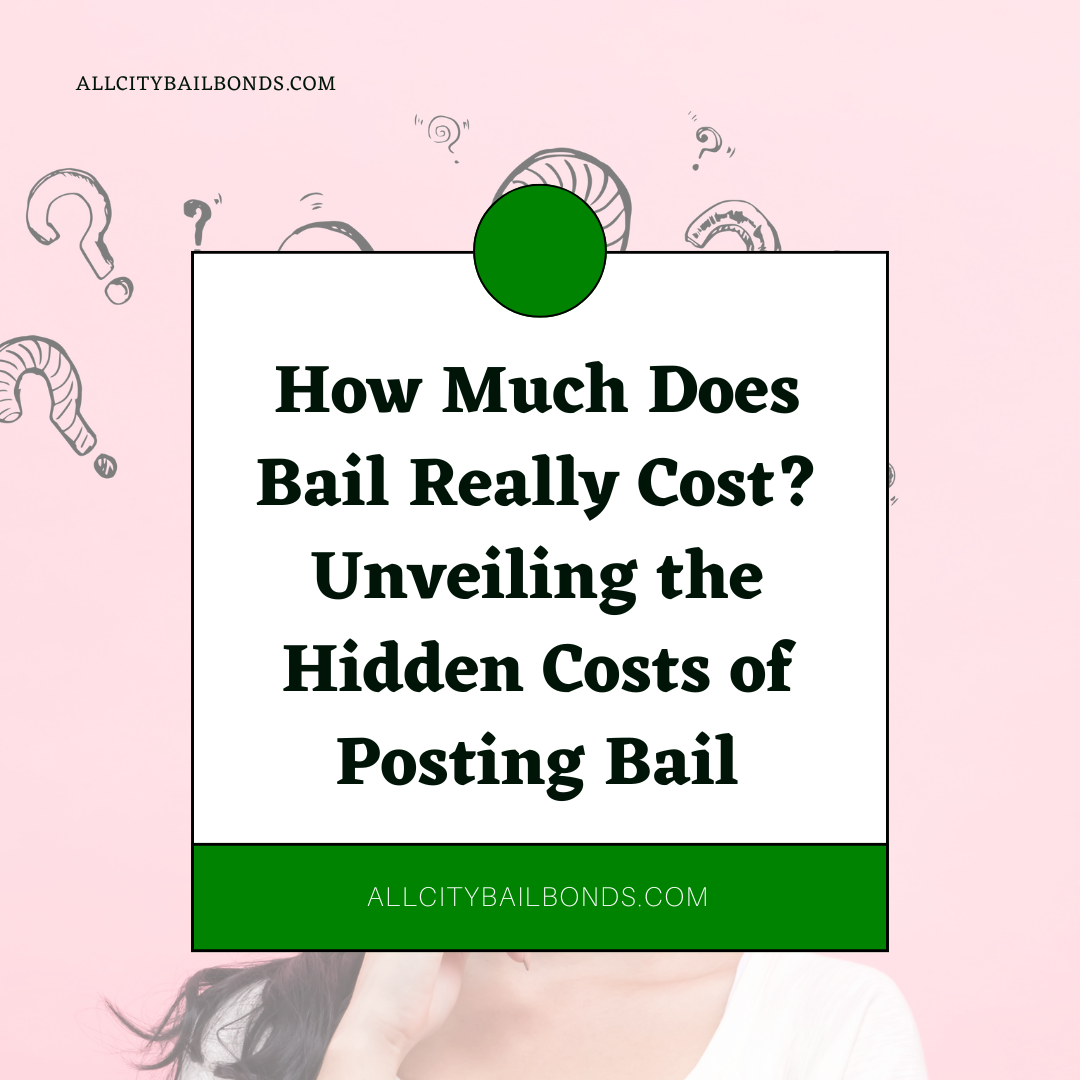
When someone is arrested, posting bail is often the first step towards managing their legal journey outside of jail. However, the costs associated with bail can extend beyond the initial amount required to secure release. This article explores the true cost of posting bail, shedding light on both the visible and hidden expenses that can impact individuals and their families.
Understanding the Basics of Bail Costs
Bail is a financial guarantee deposited with the court to ensure that the accused will appear at all scheduled court proceedings. The amount set for bail can vary widely based on factors such as the nature of the crime, the defendant’s prior criminal record, and community ties. While the concept of bail is straightforward, the actual expenses involved are not always as clear.
Direct Costs of Bail
- Bail Amount: This is the sum that needs to be paid to the court. Depending on the severity of the offense and other factors, this can range from a few hundred to millions of dollars.
- Bail Bond Fees: If a bail bond agency is used, typically they charge about 10% of the total bail amount as a non-refundable fee. For example, for a $50,000 bail, the bail bond fee would be $5,000.
Indirect Costs Associated with Posting Bail
- Lost Wages: Being in jail, even for a short period, can result in lost wages or even job loss. This economic impact can have long-term consequences on an individual’s financial stability.
- Legal Fees: Navigating the bail process often requires legal consultation, which can involve significant attorney fees, especially in complex cases.
- Travel and Logistical Expenses: Attending court dates, meeting with lawyers, and other related travel can add up in terms of transportation and time costs.
Lesser-Known Costs
- Opportunity Costs: The stress and time committed to securing bail and dealing with the legal process can divert attention from everyday life responsibilities, education, and career opportunities.
- Impact on Credit: Some individuals might resort to borrowing money through loans or credit cards to cover bail or associated costs, which can affect their credit score and lead to long-term financial repercussions.
- Insurance Premiums: If property is used as collateral to secure a bail bond, this can sometimes impact the cost of property insurance premiums.
Factors Affecting Bail Refunds
While most people focus on the upfront costs, understanding the conditions under which bail money is returned is crucial:
- Compliance with Court Requirements: Bail money is typically returned if all court appearances are made, regardless of the case outcome. However, any fines or fees imposed by the court may be deducted from the bail amount.
- Administrative Delays: Refunds are not immediate and can be delayed due to administrative processes within the court system.
Conclusion
The true cost of posting bail includes a variety of expenses that go beyond simply paying the bail amount. These costs can affect not only the defendant but also their family, potentially altering their financial landscape significantly. By understanding all facets of bail costs, individuals can better prepare and manage the financial implications associated with posting bail.
Do you have questions about posting bail for a family member, friend, or loved one? We offer 100% free bail consultations year-round - we're open 24 hours a day, 7 days a week, 365 days a year, and we'd be happy to talk to you. Give us a call at 1-800-622-9991 to claim your free consultation!
